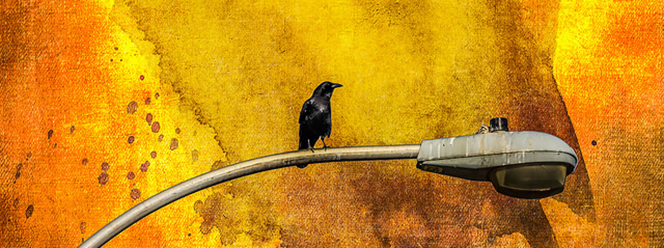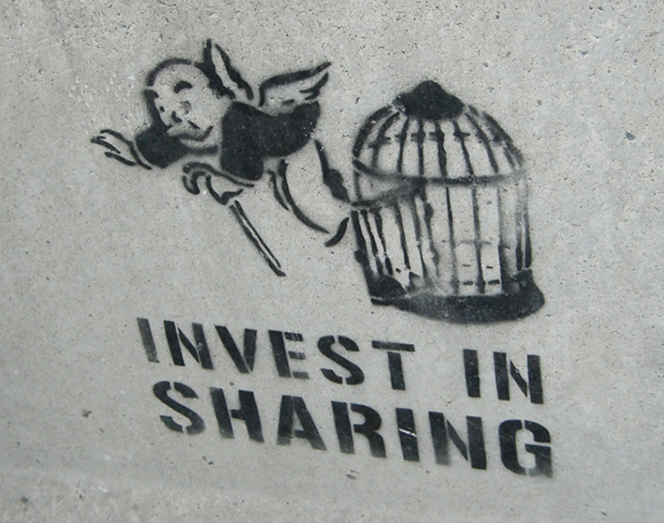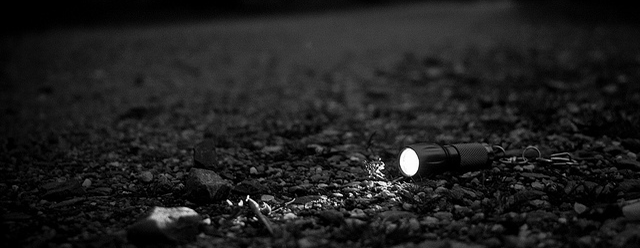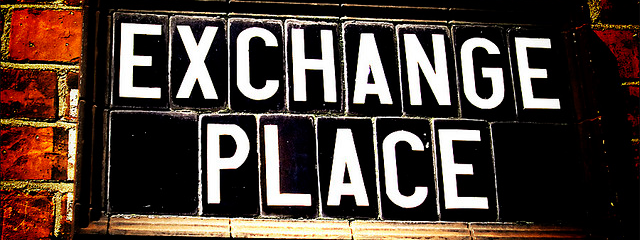
by Tara Joyce | Jan 15, 2016 | My Journey | What's On My Mind, Self/Business Growth

My emotions are not me.
They are my energy, in motion. I am not responsible for my emotions—I am responsible for what I do with them.
It’s interesting to me how much my feelings change, how much I am in a state of shifting emotion. This awareness affirms that in fact my feelings truly are in motion, and it affirms how unhelpful it is when I try to hold onto the energy they bring. My emotions are in motion for a reason, and attempting to control their movement, by stopping it and/or holding onto it, does nothing for me. In my attachment to my feelings, I miss their point.
9 seconds.
I read that our anger lasts for 9 seconds, unless we attach to it, catch on to it, get caught up in it. 9 seconds for the emotion to move through us, if we let it. 9 seconds for the wave to pass.
In motion for a reason.
My emotions rise and fall, never staying steady. They move around and they are hard to catch. Growing wiser to their pattern, I’m trying to not control my emotions so much. Instead, I’m trying to let them be. Instead, I’m learning to ride their rise and fall, letting them lap at the shore of my awareness and then retreat. Responsible to the inevitable motion of my emotions, I’m understanding it’s not what I feel that matters but how I handle it.
photo credit: Joschko Hammermann

by Tara Joyce | Nov 27, 2015 | Self/Business Growth

The messenger brings with them a message that is not really their own. It has been given to them, to deliver to you.
If you don’t like their message, if you don’t want to receive what they’re sharing, you may feel angry with them. You might want to shoot the messenger. But consider, is it the message you don’t like, or is it the person delivering it? There is a difference.
If it is the message you disagree with, take a moment before you shoot the messenger. Consider that your disagreement with their message is not necessarily a reflection of them, it is more a reflection of you. In seeing the messenger as the source of the problem, you aren’t seeing the difference between the message you are receiving, and the person delivering it. There is a distinction. The message is what triggers you, and the messenger is simply a deliverer of that trigger.
We are so much more than the messages we (consciously and unconsciously) share with others, and we are so much more than our emotional triggers. In recognizing yourself as both a giver and receiver of these potentially triggering messages, you share in the responsibility of knowing this emotional truth. We are all messengers, we all have value to share, and yet we can not be defined by this role and other people’s reactions to it. Our work is to be responsible for how we deliver our messages, and how we receive the other messengers in our lives. Working to know our triggers, we come to fully embrace our role as messengers, as we learn to distinguish the value of the messages — and the messengers — in our lives.
photo credit: David Seibold

by Tara Joyce | Oct 8, 2015 | Pay What It's Worth Pricing

Recently, there was an interesting experiment conducted in not setting prices and charitable giving, by UC San Diego Rady School of Management and Disney Research. Conducting their experiment at a popular roller coaster, using post-roller coaster action photos as the item to be valued, they found not setting prices to be a viable pricing strategy and social responsibility strategy for companies–when the customer’s willingness to give is stimulated.
While the study focuses on stimulating generosity in a charitable setting, the study’s findings can be applied to any relationship and experience-based business. The researchers found when a customer feels more connected to what they are giving to—and in choice about what/how much they are giving—the more willing they are to give. When buyers know their money and generosity will benefit something specific, such as a charity, or someone specific, such as the business owner, they feel a more tangible and human connection to the value their giving is creating, and in turn, the more open they are to giving—and giving generously.
The study concluded not setting prices could be a tool for creating opportunities for “shared social responsibility” and this shared responsibility may provide the critical sustainability component that is often lacking in current social responsibility strategies. Fascinating.
photographed in my hometown of Toronto by Toban B.

by Tara Joyce | Sep 30, 2014 | Cultural Creativity

We don’t really have a problem with peoples imperfections. We don’t really hate the dark aspects we each contain. It feels like we do, but our feelings can be misleading sometimes.
It’s easy to point out and judge another for the things that aren’t perfect about them. If you decide to take on this job, your list will easily become a mile long. We are not perfect, and you’re always going to be able to find evidence to back this truth up. No matter the person.
What you really have a problem with, when you find yourself angered by another and their imperfections become so glaringly obvious to you, is the lack of responsibility you feel that person has over them. Your pissed because they are not being aware of the dark things about themselves and their behaviour, and how it affects you. You feel they are not being responsible in their doing.
If I was to own my darkness and be up front and responsible for the ways in which I am imperfect and how they affect you, how would that change your anger towards me, and towards the imperfections I hold? In my experience, you no longer mind my imperfections so much, nor judge them so harshly, because I am aware of them and responsible to them. It wasn’t my darkness that was getting you, it was my lack of responsibility towards it.
If I own my stuff, if I am aware and shine a light on my darkness and admit my contributions, you may be left with some anger towards my actions, but in owning my part I’ve created the space for you to own yours and/or move on. In being responsible for my imperfections, I’m not in conflict with you over them. I am free to admit what I did and who I am.
When I own my darkness, does it not make it harder for you to hate and blame me for it?
photo credit: Sergio García Moratilla

by Tara Joyce | May 28, 2014 | Cultural Creativity

I’ve got this tendency in communication, maybe you have it too… I sometimes take on more responsibility than is rightfully mine.
You see, I am good at communicating. It comes naturally. I like it and because of this, I sometimes take on the job of doing it, even when it’s not mine to have.
Sometimes, I take on the job of valuing your words and expressions when you are not. Sometimes, I choose an unequal exchange.
An equal exchange
But here’s the thing, the truth about empowered communication and empowering myself through communication — sometimes, it’s best if I don’t listen. Sometimes, it’s best if I don’t acknowledge what’s being communicated.
If you’re communicating in a constructive way, then listening and recognizing you is my priority. But, if you’re not holding up your end of the communication bargain and being responsible for your role in the relationship, then your words lose their value. For you are no longer valuing them.
Your carelessness with your communication is not my responsibility.
Shared responsibility
What’s mine is my responsibility towards empowered communication and my need for co-creative communication.
What’s mine are maintaining my boundaries around what is our shared responsibility in our exchange.
valuing my words & expressions = valuing your words & expressions
Both are my job. And both are yours. That’s how we co-create communication together.
photo credit: Stephen – 10on12










